Promoting Empathy and Understanding: Challenging Stigmatizing Language
The incident that occurred involving a police officer making stigmatizing remarks about an individual leaving the Yaba Psychiatric Hospital in Nigeria highlights the importance of promoting empathy, understanding, and eliminating the stigma associated with mental health. This incident serves as a reminder of the need for education and awareness to combat prejudice and discrimination against individuals living with mental health conditions.
The Stigmatizing Remark:
In this unfortunate incident, a police officer encountered a person leaving the Yaba Psychiatric Hospital and proceeded to make a derogatory statement, implying that the individual was among “crazy people.” Such stigmatizing language not only perpetuates harmful stereotypes but also contributes to the marginalization and social exclusion of individuals seeking mental health support.
The Impact of Stigmatization:
Stigmatization surrounding mental health conditions can have severe consequences for individuals and communities. It perpetuates the notion that mental health challenges are a sign of weakness or something to be ashamed of, discouraging people from seeking the help they need. Stigmatizing attitudes can prevent individuals from accessing appropriate treatment, support, and opportunities for recovery, exacerbating their suffering and hindering their overall well-being.
Promoting Empathy and Understanding:
It is crucial for society, including law enforcement agencies, to prioritize education and awareness regarding mental health. By fostering empathy and understanding, we can challenge stigmatizing language and promote a more inclusive and supportive environment for individuals with mental health conditions. This can be achieved through the following actions:
1. Education and Training: Police officers and other members of the community should receive comprehensive training on mental health awareness, including recognizing common conditions, understanding the impact of stigma, and learning effective communication skills.
2. Language and Communication: Promoting respectful and non-stigmatizing language is essential. Law enforcement officers should be encouraged to use person-first language and avoid derogatory terms when referring to individuals with mental health conditions.
3. Partnerships and Collaboration: Collaboration between mental health professionals, law enforcement agencies, and community organizations can facilitate the development of appropriate protocols and resources for handling mental health crises and ensuring the safety and well-being of individuals involved.
4. Community Engagement: Engaging with communities through public awareness campaigns, workshops, and forums can help dispel myths, challenge stereotypes, and foster a more compassionate and inclusive society.
5. Support and Access to Care: Ensuring that individuals in need have access to mental health services, including crisis intervention and ongoing support, is vital. Collaborating with mental health professionals can help establish referral systems and provide appropriate care options for those in need.
Conclusion:
The incident involving the stigmatizing remark made by a police officer highlights the urgent need to address stigmatization surrounding mental health conditions. By promoting empathy, understanding, and education, we can work together to challenge stereotypes, eliminate discriminatory language, and create a society that supports the well-being and inclusivity of all individuals, regardless of their mental health status. It is only through collective efforts that we can break down barriers and foster a more compassionate and empathetic society.
